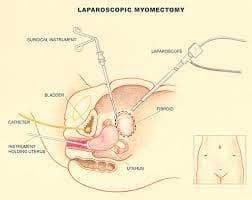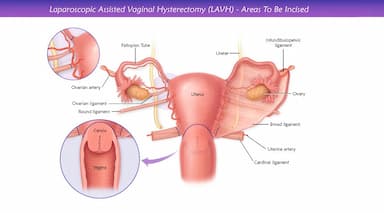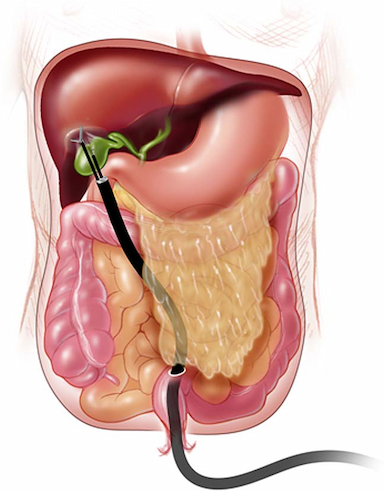
What’s The Difference Between A UTI And A Kidney Infection?
07 Apr, 2022
 Healthtrip Team
Healthtrip TeamIn understanding the difference between a UTI and kidney infection, we need to know what UTI is and a few things related to it, like what causes UTI and kidney infection.
What Is UTI & Kidney Infection?
Bacteria cause UTIs or urinary tract infections in the urinary tract. The track itself is comprised of kidneys, bladder, and urethra.
Transform Your Beauty, Boost Your Confidence
Find the right cosmetic procedure for your needs.

We specialize in a wide range of cosmetic procedures

The most common type of UTI is the infection of the urethra, known as urethritis. Another type of UTI can be an infection of the bladder or cystitis.
Similarly, any infection that happened to be in the kidney is considered to be a UTI.
UTIs need to be treated, but evaluation must be made in case of kidney infection, and treatment should be started immediately. If left untreated for a long, it can lead to severe complications. Hence it is essential to know when the UTI is a kidney infection.
Related Article - Can A Kidney Infection be Cured?
How To Identify Between UTI and Kidney Infection?
The symptoms between kidney infection and other UTIs can be similar most of the time. Symptoms for both can include
- During urination, burning and painful sensation
- Frequent urge to urinate
- Despite frequently urinating, only a small amount of urine is passed
- Cloudily or bloody urine
- Foul-smelling urine
- Abdominal pain or discomfort
In addition to these symptoms, when an individual experiences the following symptoms, it is an indication that the UTI has moved to the kidneys.
Most popular procedures in
Laparoscopic Cystect
Upto 80% off
90% Rated
Satisfactory

Laparoscopic Myomect
Upto 80% off
90% Rated
Satisfactory

LAVH
Upto 80% off
90% Rated
Satisfactory

NOTE
Upto 80% off
90% Rated
Satisfactory

CABG
Upto 80% off
90% Rated
Satisfactory

- Sudden chills
- Fever over 100 degrees F
- Pain in the lower back
- Pain under the rib cage around the spinal cord
- Pain on one or both sides of the lower back
- Nausea
- Vomiting
Related Article - Where Does It Hurt When You Have A Kidney Infection?
What Causes UTI and Kidney Infection?
It is a known fact that women experience more UTIs than men. Hence, they are advised to wipe front to back instead of back to front. The latter movement pushes the bacteria towards the urethra from the anus.
Also, sexual activity can move the bacteria from the anus to the urethra; hence after intercourse, a woman should urinate to flush out the germs.
UTI occurs when the bacteria reach the bladder through the urethra and multiply. Other factors that can add to the risk of UTI are:
- Diabetes
- New or multiple sexual partners
- Not urinating after intercourse
- Maternal genetic history of UTI
- Using diaphragms, spermicides, unlubricated condoms, or douches
- Wearing synthetic material underwear
- Underwent menopause
- Not urinating for long hours
- Physiological issue of having short distance between urethra and anus
Related Article - Kidney Infection - Know The Cause, Diagnosis, and Treatment
Kidney infection occurs when the UTI is left untreated, and the infection moves to the kidneys from the bladder. Apart from that, other factors that can cause kidney infection are:
- Pregnancy
- Urinary tract blockage
- Presence of catheter drain
- Weak immune system
- A person does not understand the bladder is full due to spinal cord or nerve damage
- A medical condition in which the urine flows back to the urinary tract is known as vesicoureteral reflux.
- A physiological condition in which the urinary tract is deformed or shaped in a way that traps the bacteria.
Related Article - Kidney Infection - Symptoms, Prevention, Cause
What Should Be Done?
The best way to avoid UTIs and kidney infections is by taking care of your health. It includes practicing good hygiene, drinking enough water, urinating whenever necessary, and altering the diet if prone to kidney stones.
However, if you experience any pain on your back, sides, or around the lower rib cage area and other symptoms, visit a doctor immediately.
Wellness Treatment
Give yourself the time to relax
Lowest Prices Guaranteed!

Lowest Prices Guaranteed!



